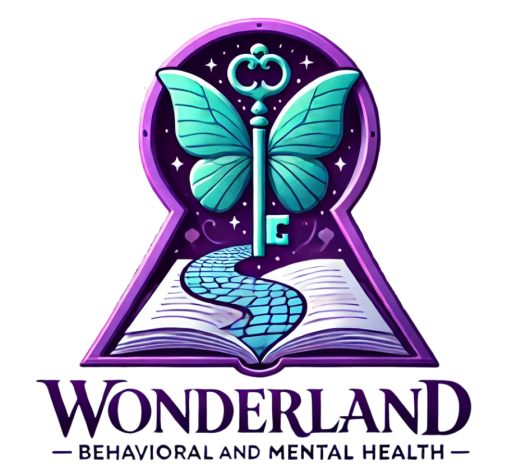Psychotherapy and medication management are powerful tools for mental health—but they’re not the whole picture. A truly effective mental health care plan also embraces movement, nutrition, and time in nature as essential components of well-being.
🏃♂️ Exercise isn’t just for physical fitness—it’s a natural antidepressant. Regular movement releases endorphins, reduces stress hormones, and improves sleep, all of which support mood stability and cognitive function.
🥦 Healthy eating fuels the brain. Diets rich in omega-3s, whole foods, and probiotics have been linked to reduced symptoms of anxiety and depression. The gut-brain connection is real, and what we eat matters.
🌿 Time in nature has profound effects on mental health. Studies show that being in green spaces lowers cortisol levels, enhances focus, and even reduces symptoms of PTSD and ADHD. Whether it’s a park, a trail, or just a moment in the sun, nature heals.
A truly holistic mental health approach isn’t just about treating symptoms—it’s about creating a lifestyle that supports long-term well-being. By integrating these foundational habits with therapy and medication when needed, we empower ourselves and our patients to build resilience and thrive.
What are your favorite ways to support your mental health beyond traditional treatment? Let’s share and inspire!
#MentalHealth #HolisticWellness #MindBodyConnection #Therapy #SelfCare

